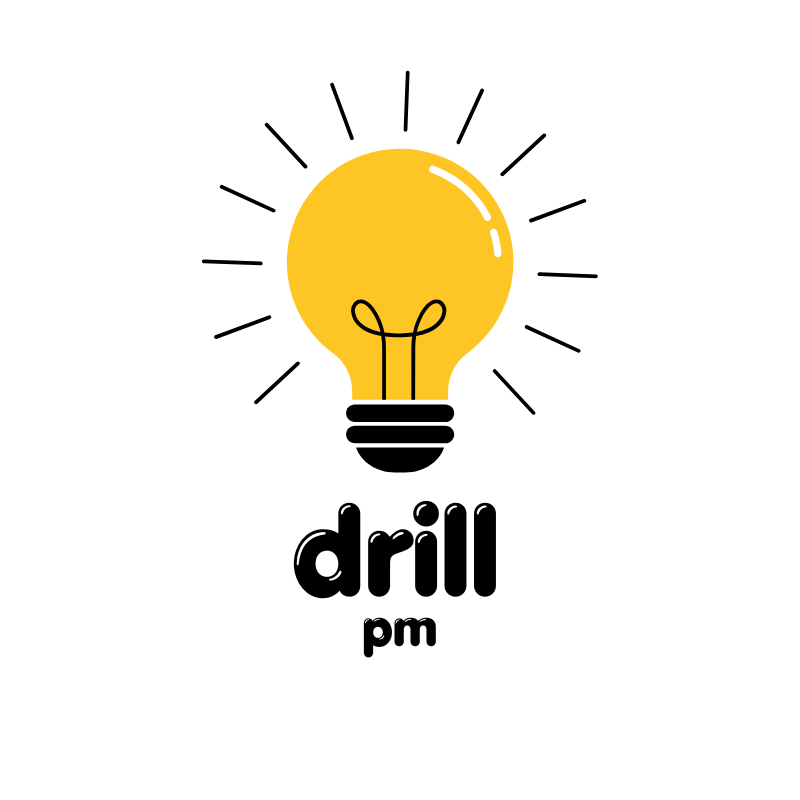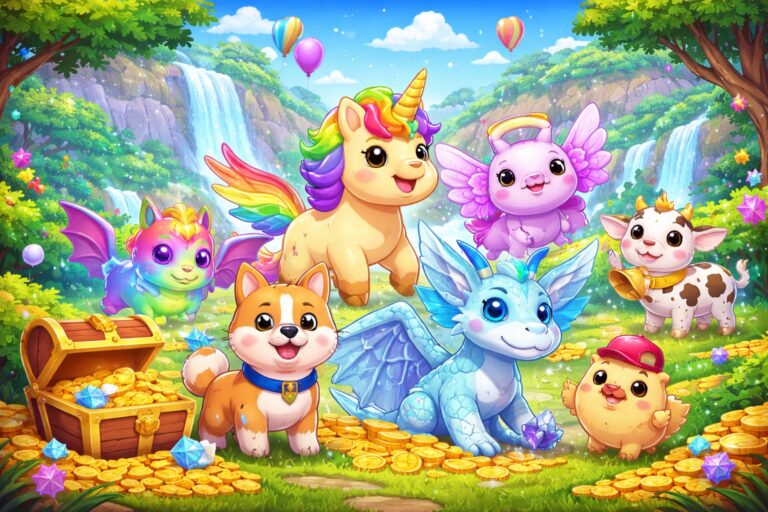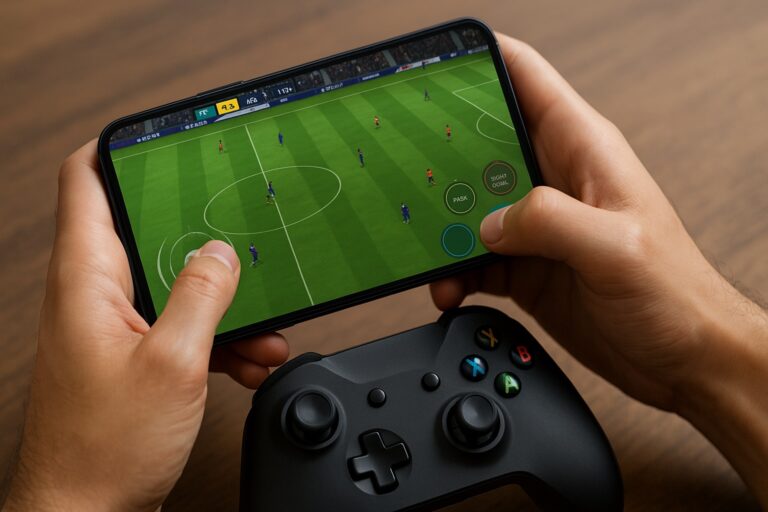Anúncios
Online games are more than just a hobby — they’re a way to challenge yourself, meet new people, and even grow a personal brand. But to truly enjoy the experience, improving your skills is key.
Whether you’re just starting out or looking to climb to the top ranks, a few smart habits can help you level up your gameplay much faster. The best part? Anyone can do it, regardless of age, platform, or game style.
In this guide, you’ll find friendly, effective, and realistic tips that work for all players — including competitive gamers, casuals, parents, and content creators. Keep reading to unlock your full potential.
Set Clear and Achievable Goals
Improvement starts with knowing what you want. Set goals like:
- “Get 10 kills per match consistently”
- “Reach Platinum rank this season”
- “Reduce deaths per game by 30%”
Keep goals specific, measurable, and realistic. Write them down or track them using an app or journal. Each small goal builds momentum — and motivation.
📌 Motivational tip: Celebrate wins, no matter how small. Every milestone counts!
Learn the Game Inside and Out
Mastery begins with understanding the game’s mechanics and rules:
- Study characters, classes, or weapons
- Learn maps and spawn points
- Understand game modes and win conditions
Use tutorials, community wikis, YouTube videos, or Discord guides. The more you know, the more strategic your gameplay becomes.
Even 15 minutes a day of learning can lead to huge gains over time.
Optimize Your Settings and Controls
Laggy controls or unclear visuals can ruin your performance. Adjust your:
- Graphics settings for smoother frame rates
- Sensitivity and keybinds for better comfort
- HUD layout so you see the right info clearly
- Sound settings to hear footsteps and cues
Take time to test different setups until you find what feels natural and helps you respond quickly.
📌 Pro tip: Save your settings profiles and try them across different game modes.
Practice Smart, Not Just Hard
Don’t just play for hours — practice with intention. Focus on one skill at a time:
- Aim
- Movement
- Timing
- Awareness
Use training modes, 1v1s, or bot matches. Short, focused sessions (30–60 minutes) are often more effective than long, unfocused ones.
Remember, quality > quantity when it comes to practice.
Watch Your Own Gameplay
Recording and watching your gameplay helps you:
- See patterns in your mistakes
- Spot positioning errors
- Notice missed opportunities
- Track your decision-making
Most platforms (like Xbox, PlayStation, and PC tools) allow easy recording. Review your matches weekly to build self-awareness and adjust your habits.
📌 Bonus: Share your clips with friends or online forums to get feedback.
Follow Pro Players and Streamers
Watching skilled players helps you:
- Learn strategies and game sense
- Understand positioning and timing
- Pick up advanced tips and tricks
Follow streamers on Twitch, YouTube, or Kick who match your game and playstyle. Look for creators who explain their choices, not just show flashy gameplay.
This is especially helpful for creators looking to improve while also growing their audience.
Play With and Against Better Players
To improve, you need to be challenged. When you play against stronger opponents:
- You learn faster
- You identify weaknesses
- You adapt to higher-level gameplay
It might be frustrating at first, but don’t quit — every match is a lesson.
📌 Tip: Use ranked modes or community matches to find more experienced players.
Stay Mentally and Physically Sharp
Gaming is both mental and physical. Take care of your:
- Sleep (7–9 hours)
- Hydration
- Breaks (use timers or reminders)
- Posture (use a proper chair and screen height)
A tired brain can’t react well. A stiff hand can’t aim smoothly. Healthy habits directly improve your in-game performance.
Join Online Communities and Engage
Gaming is better when shared. Join Reddit subs, Facebook groups, Discord servers, or game forums.
- Ask questions
- Share clips
- Discuss strategies
- Find teammates or mentors
The support and feedback you get from others can speed up your progress and keep you motivated.
Avoid Toxicity and Stay Positive
Negativity is a fast way to lose motivation. Instead:
- Mute toxic players
- Avoid blaming teammates
- Take breaks after rough games
- Focus on learning, not just winning
Positive players improve faster and enjoy games more. Your mindset is part of your skillset.
Support for Parents and Guardians
If your child wants to get better at online games:
- Watch them play and ask questions
- Help set time limits and healthy routines
- Encourage breaks, hydration, and social balance
- Learn a bit about the game they love
This builds trust, shows interest, and helps you guide them safely in the gaming world.
Extra Tip for Content Creators
If you stream or create content:
- Share your journey of improvement — people love real progress
- Combine entertainment with education
- Use viewer feedback to spot weaknesses
- Don’t hide mistakes — highlight what you’ve learned
Viewers respect creators who grow with their audience.
Conclusion
Improving at online games takes time, patience, and smart effort — not just raw talent. With the right mindset and these practical tips, anyone can climb ranks, gain confidence, and have more fun while playing.
Whether you’re just starting or already experienced, there’s always room to grow. Choose one or two tips from this guide to begin today, and keep building from there.
Your next level is waiting — all you have to do is press start.
FAQ
1. What’s the fastest way to improve in any online game?
Focus on one skill at a time and review your own gameplay. Consistent practice beats random grinding.
2. Is it possible to improve without expensive equipment?
Yes! While good gear helps, what matters most is comfort and learning. Many top players started with basic setups.
3. How can I improve my reaction time?
Stay well-rested, take breaks, and use aim trainers or fast-paced modes to sharpen reflexes.
4. How do I deal with frustration after losing?
Take a break, reflect on what went wrong, and view each loss as a learning opportunity — not a failure.
5. Can casual players still benefit from these tips?
Absolutely. Whether you play for fun or competition, improving your skills makes games more enjoyable and satisfying.



